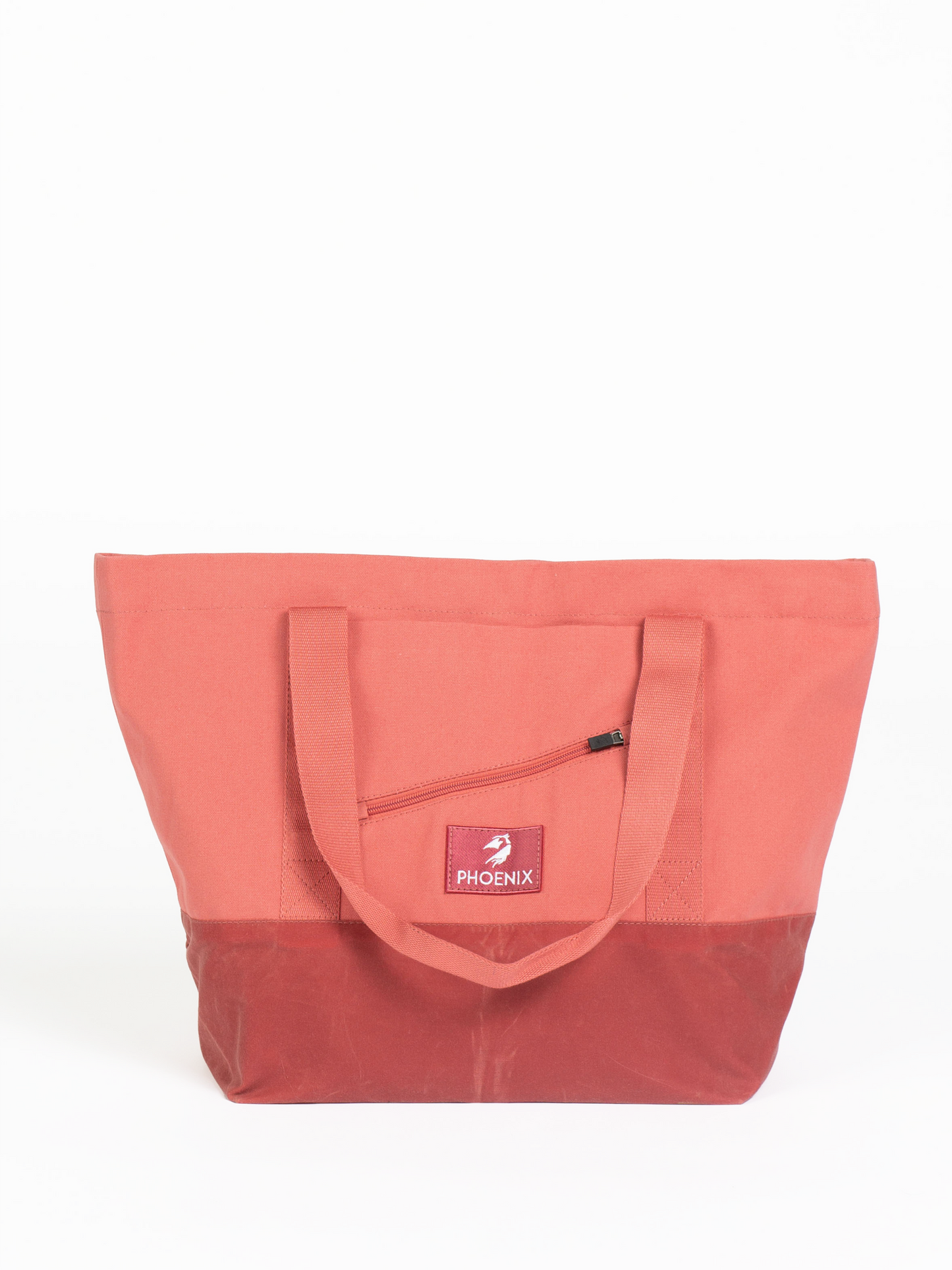
Eco-friendly fashion, also known as sustainable fashion, is a clothing and apparel movement that emphasizes environmentally responsible practices throughout the entire lifecycle of fashion products. It aims to mitigate the negative impacts of the fashion industry on the environment and promote ethical and socially responsible manufacturing and consumption. Eco-friendly fashion is characterized by the following key principles.
SUSTAINABLE MATERIALS
It involves the use of materials that have a lower environmental footprint, such as organic cotton, hemp, recycled fibers, and other sustainable fabrics. These materials are often produced with reduced water usage, lower pesticide or chemical inputs, and minimized energy consumption.

ETHICAL PRODUCTION
Eco-friendly fashion prioritizes fair labor practices and safe working conditions for garment workers. It seeks to ensure that workers are paid fair wages, have job security, and are treated with respect and dignity.
REDUCED WASTE
Unlike fast fashion, which encourages disposable clothing, eco-friendly fashion promotes designs that are durable and timeless. It also encourages recycling, upcycling, and responsible disposal of clothing to reduce textile waste.
TRANSPARENCY
Brands engaged in eco-friendly fashion often have transparent supply chains, meaning they openly share information about their sourcing, manufacturing processes, and environmental certifications. This transparency allows consumers to make informed choices.
SLOW PRODUCTION
Some eco-friendly fashion brands prioritize local and slow production to minimize transportation emissions and support local economies. They create clothing with a focus on longevity and quality, rather than rapid turnover.

In contrast to fast fashion, which is characterized by rapid production cycles, low-cost manufacturing, and a focus on short-lived trends, eco-friendly fashion seeks to provide a more sustainable and responsible alternative in the apparel industry. It addresses the environmental and social challenges associated with the overproduction and overconsumption of clothing, ultimately aiming to reduce the industry's impact on the environment and promote ethical practices. Fast fashion has indeed been associated with numerous detrimental effects on the environment, human health, and animal welfare. These effects include the following.
ENVIRONMENTAL DEGRADATION
Fast fashion's rapid production and disposal of clothing contribute to pollution of air, land, and water. It also leads to resource depletion and habitat destruction, such as deforestation.
HAZARDOUS CHEMICALS
The fashion industry uses a wide range of chemicals in textile production, including dyes, bleaches, and finishing agents. These chemicals can be harmful to both the environment and the health of workers involved in the manufacturing process.

MICROFIBER POLLUTION
Synthetic materials common in fast fashion, such as polyester and nylon, shed microfibers when washed, which end up in oceans and waterways, posing a threat to marine life.
GLOBAL WARMING
The energy-intensive processes in fast fashion contribute to greenhouse gas emissions, contributing to global warming and climate change.
HUMAN RIGHTS CONCERNS
Many fast fashion brands have faced criticism for poor labor practices, including low wages, unsafe working conditions, and exploitation of workers in developing countries.

Eco-friendly fashion offers a more responsible alternative to these issues by promoting sustainable practices and materials, ethical production, and transparency. It encourages consumers to make mindful choices about their clothing purchases, supporting brands that prioritize environmental and social responsibility.
Consumers play a crucial role in driving change in the fashion industry. By raising awareness, making informed buying decisions, and supporting eco-friendly brands, individuals can contribute to a more sustainable and ethical fashion ecosystem. Eco-friendly fashion aligns with the principles of slow fashion, green fashion, and sustainable fashion, all of which advocate for a more holistic and environmentally conscious approach to clothing. These movements collectively aim to address the environmental and ethical challenges posed by the fashion industry, making it more ecologically and socially responsible.










